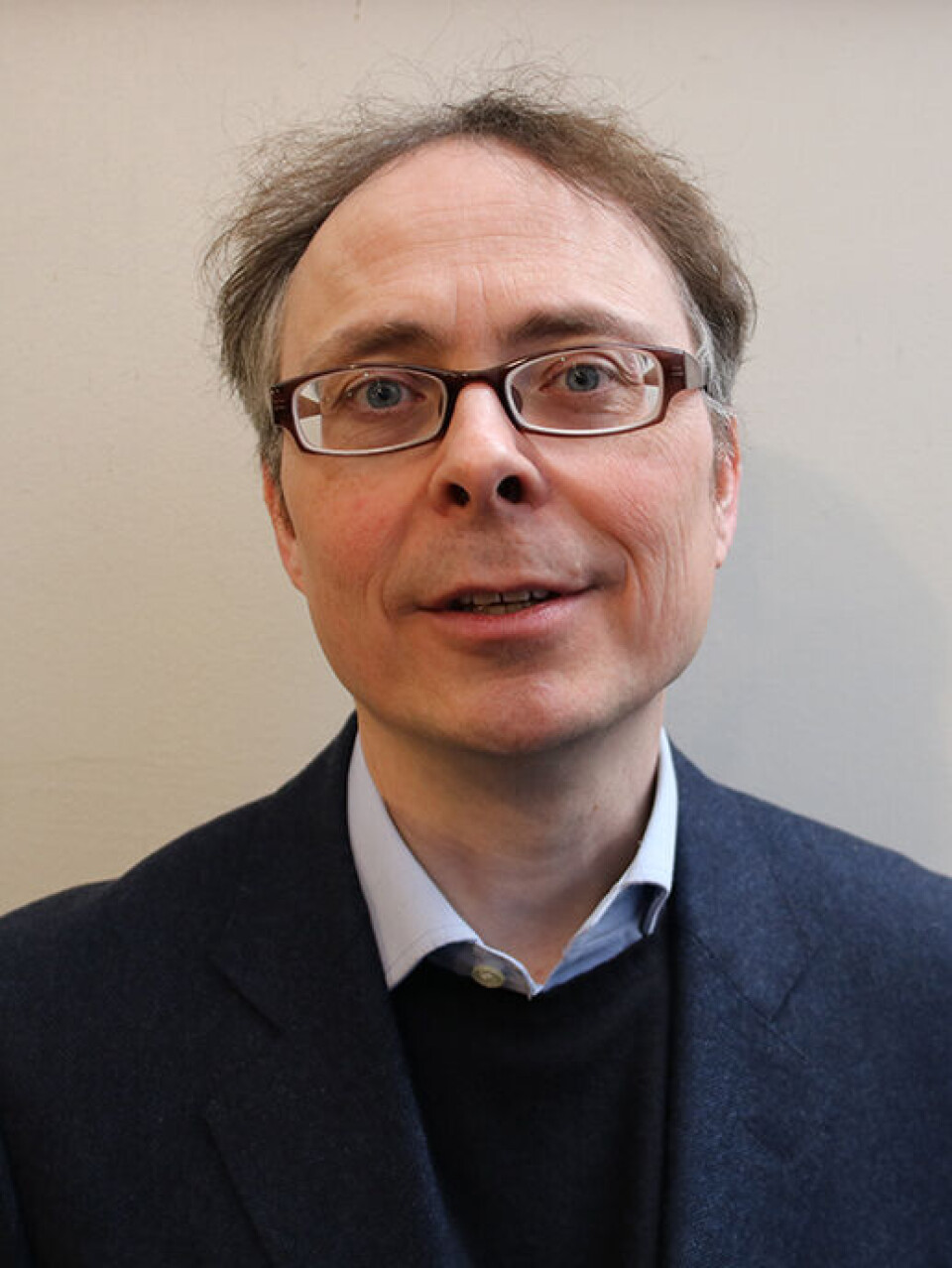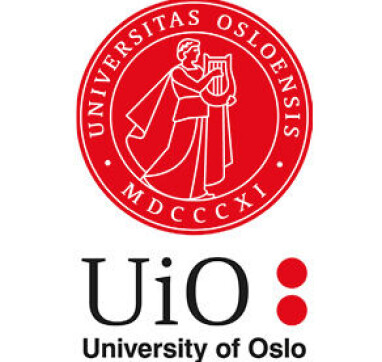THIS ARTICLE/PRESS RELEASE IS PAID FOR AND PRESENTED BY University of Oslo - read more

How can you be sure you understood what someone just said?
Researchers are now trying to solve something they are calling a scientific word mystery.
Expressing words figuratively makes them different to what they actually mean. But even when we speak literally, the words we use mean different things.
Is your surgeon a butcher? Should taxes be cut? Our language contains numerous metaphors such as these. Some of them are so entrenched that we don't even think about them. Others are newer and can make us chuckle.
But even when we are speaking quite literally, words can mean different things. Over the past decades, several linguists and philosophers have pointed out that we are always using words with different meanings.
For example, we might say that 'John’s new book is heavy' or that 'John’s new book is on Kindle'.
In the first case, the word ‘book’ refers to a physical object, but in the second it refers to the contents of the book.
“When you start looking into it, you see that our language is full of such examples,” Nicholas Elwyn Allott, a linguist and researcher at the University of Oslo, says.

Cutting the grass and cutting hair
According to Allott, the traditional way of understanding the distinction between figurative and literal speech is that in figurative language we use a word with a meaning that is different to the usual, fixed meaning of that word. However, Allott does not think that such an understanding covers it.
“When words can have different meanings even when they are used literally, then it looks like that isn’t the correct way to distinguish between figurative and literal speech,” he says. “You could say that you are cutting the grass and that you are cutting hair. In English, we also use the same word (‘cut’) when we cut a cake. But even though we are using the same word, we see very different images in our minds. You could cut hair in the same way that you cut grass, but you would make quite a mess.”
Another example is the word ‘open’.
“Opening a bottle, a door or a washing machine are very different actions, but the word is nevertheless used literally in all three cases,” he says.
Is there a distinction, or not?
The question then is where the distinction between the literal and the figurative is.
“For linguists and philosophers, this is an important question: Is there actually a distinction here, or is everything just a big grey zone?” he says.
One could claim that there are no distinctions here, as claimed by the Deidre Wilson and Dan Sperber in 2002: When we use a word we can adjust the meaning to suit our needs right there and then. A metaphor is just a particularly large adjustment - at one end of the scale.
Another possibility is redefining the literal/figurative dividing line and putting it back on solid ground again.
This is what Allott and his colleague Mark Textor are doing in their article published in the journal Inquiry. Textor is a professor of philosophy at King's College London.
Words are traditions
“Instead of claiming that words have fixed literal meanings, we are looking at words as traditions. Speaking literally thus means using words as they have traditionally been used,” Allott says. “Sometimes the speaker can surprise you, for example, by telling you that a tomato is a fruit rather than a vegetable. But this constitutes literal use of the words fruit and tomato."
He argues that in literal language, we stick to the traditional meaning of a word, even if it turns out to have a wider meaning than you might have thought.
Obvious asymmetry
According to Allott, figurative language would never have acquired its meaning without being based on the literal meaning of the word.
“It is difficult to imagine that anyone could simply use a metaphor without first knowing the literal meaning of a word. We believe that that is impossible,” he says.
There are figurative words that become so entrenched in the language that they live on of their own accord – for example, ‘the eye of a needle’.
But the origin of this phrase is a point in the past when someone deliberately used the word ‘eye’ in an unconventional way.
“We argue that figurative language is dependent on literal language, but not the other way around. We believe that this asymmetric dependence is what characterises the relationship between literal and figurative language, and this has not been highlighted in previous studies,” he says.
What we thought we understood
According to Allott, there are several reasons why these questions are important.
One of them is that a clear distinction could be useful for understanding human development.
Young children, for example, have trouble accepting that a surgeon is a butcher. This can also be hard for some people with autism spectrum disorders.
“If we could better understand the distinction between the literal and the figurative, this could help us to understand the human mind, for example, why some people find metaphors and other figurative speech difficult to understand,” Allott says. “That's part of the big jigsaw puzzle: How does the world work? We might think that we have understood things and that we are standing on solid ground. But if we’re wrong, then someone needs to show us that we have not understood it after all, and hopefully they can help us to figure things out. This is what Socrates did and in this study we have tried to do the same kind of thing."
References:
Allott, N. & Textor, M. Literal and metaphorical meaning: in search of a lost distinction, Inquiry, 2022. DOI: 10.1080/0020174X.2022.2128867
Wilson, D. & Sperber, D. 'Truthfulness and Relevance', Mind , vol. 111, 2002. DOI: 10.1093/mind/111.443.583 Abstract.

This article/press release is paid for and presented by the University of Oslo
This content is created by the University of Oslo's communication staff, who use this platform to communicate science and share results from research with the public. The University of Oslo is one of more than 80 owners of ScienceNorway.no. Read more here.
See more content from the University of Oslo:
-
Mainland Europe’s largest glacier may be halved by 2100
-
AI makes fake news more credible
-
What do our brains learn from surprises?
-
"A photograph is not automatically either true or false. It's a rhetorical device"
-
Queer opera singers: “I was too feminine, too ‘gay.’ I heard that on opera stages in both Asia and Europe”
-
Putin’s dream of the perfect family




































